Don't miss our holiday offer - up to 50% OFF!
Pemomab 100 mg/4 ml (Pembrolizumab Inn)
Pemomab 100 mg/4 ml is a prescription drug whose active ingredient, Pembrolizumab, is a humanized monoclonal antibody that belongs to the class of immune checkpoint inhibitors. It has received widespread attention in oncology due to its use in augmenting the body’s immune response against specific types of cancer. Pemomab is an intravenously administered drug that acts by targeting and inhibiting the programmed cell death protein 1 receptor, thus allowing T-cells to recognize and attack tumor cells more effectively.
Composition and Formulation
The active ingredient is pembrolizumab 100 mg in 4 mL of sterile, preservative-free formulation. The formulation is presented for intravenous use as a ready-to-use liquid in a single-dose vial and, therefore, is exempted from any complicated reconstitution processes. The solution is clear to slightly opalescent and is supplied in a single-use vial to minimize dosing errors and contamination.
Mechanism of Action
Melanoma: Unresectable or metastatic melanoma, as first-line or after disease progression following previous therapies.
NSCLC: Especially in tumors expressing PD-L1 within specific thresholds, as a single agent or in combination with chemotherapy.
Head and Neck Squamous Cell Carcinoma (HNSCC): Relapsed or metastatic disease that is refractory to platinum-based therapy.
Other Indications: Specific types of urothelial carcinoma, microsatellite instability-high cancers, and other tumors shown to be responsive to PD-1 blockade.
Dosage and Administration
Pemomab is administered intravenously, with typical dosing of 200 mg every 3 weeks or 400 mg every 6 weeks, depending on the type of cancer and how well the patient tolerates the treatment. Each vial contains 100 mg; thus, multiple vials may be combined to achieve the desired dose. Infusion should be carried out over 30 minutes in a controlled healthcare setting, with continuous monitoring for infusion-related reactions.
Dose adjustments may be necessary for patients experiencing severe immune-mediated adverse events.
Side Effects
While Pemomab is a highly effective drug, it may cause immune-mediated complications related to its potentiation of T-cell activity. It commonly leads to fatigue, rash, diarrhea, pruritus, and nausea. More serious complications include pneumonitis, colitis, hepatitis, endocrinopathies (thyroid, adrenal, or pituitary dysfunction), nephritis, and myocarditis.
Recognition and treatment with corticosteroids or discontinuation of the treatment may be necessary in some cases. Infusion reactions, such as fever, chills, or hypotension, may also be seen.
Precautions and Contraindications
Pemomab should be administered cautiously in patients with preexisting autoimmune diseases or organ dysfunction. Vaccination with live vaccines is not recommended during treatment. It is contraindicated in patients with a history of severe hypersensitivity to pembrolizumab or any component of the formulation.
Storage and Handling
Organ function, including liver, kidney, and thyroid, should be monitored regularly during therapy. Vials should always be stored under refrigeration at 2°C to 8°C and protected from light. They must not be frozen or shaken vigorously. A solution in an opened vial should be used promptly or within the time recommended by institutional procedures. Medical waste needs to be handled and disposed of properly to avoid inadvertent exposure.
Conclusion
Pemomab 100 mg/4 ml is an important breakthrough in immuno-oncology, offering patients a powerful therapeutic option against multiple cancers. It works by marshaling the body’s immune system against cancer cells by targeting the PD-1 pathway. This provides a mechanism of action quite different from conventional chemotherapy. Because this agent is generally well-tolerated, careful monitoring for immune-related adverse events and adherence to dosing protocols will be crucial in maximizing efficacy and safety. Pemomab continues to be one of the cornerstone therapies in modern-day cancer treatment regimens, bringing hope for improved survival and quality of life for patients around the world.

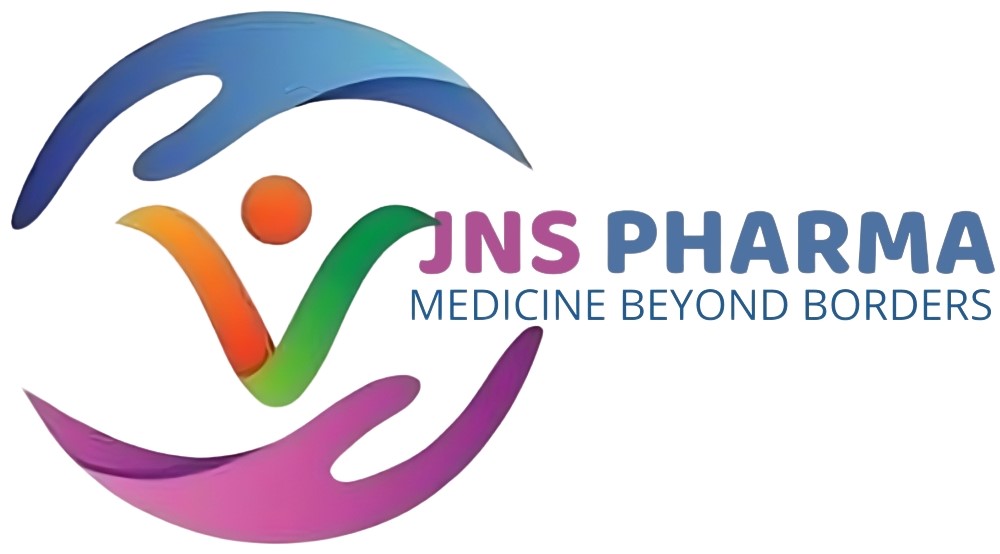
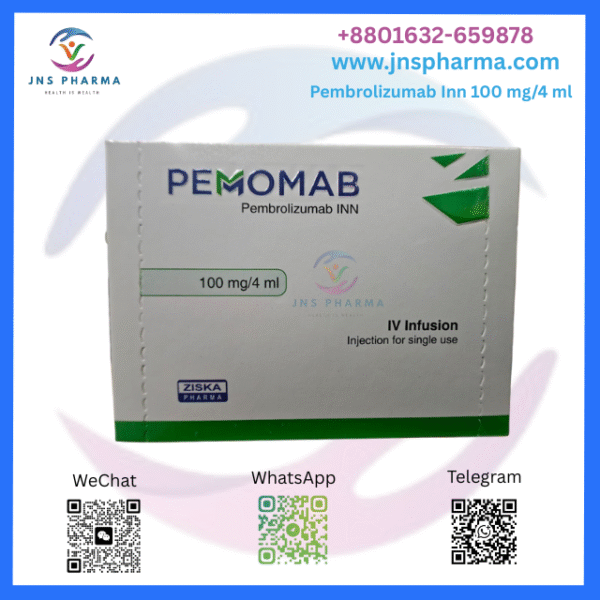
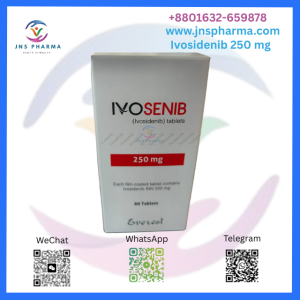
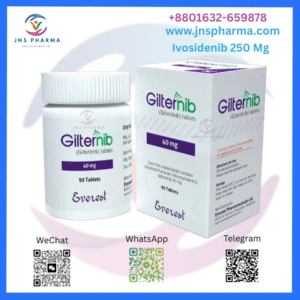
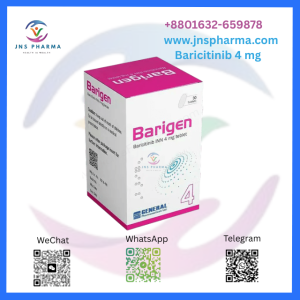
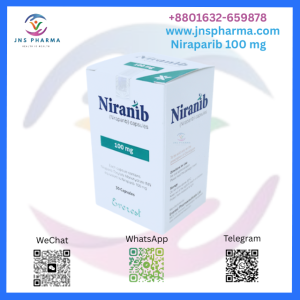
Reviews
There are no reviews yet.